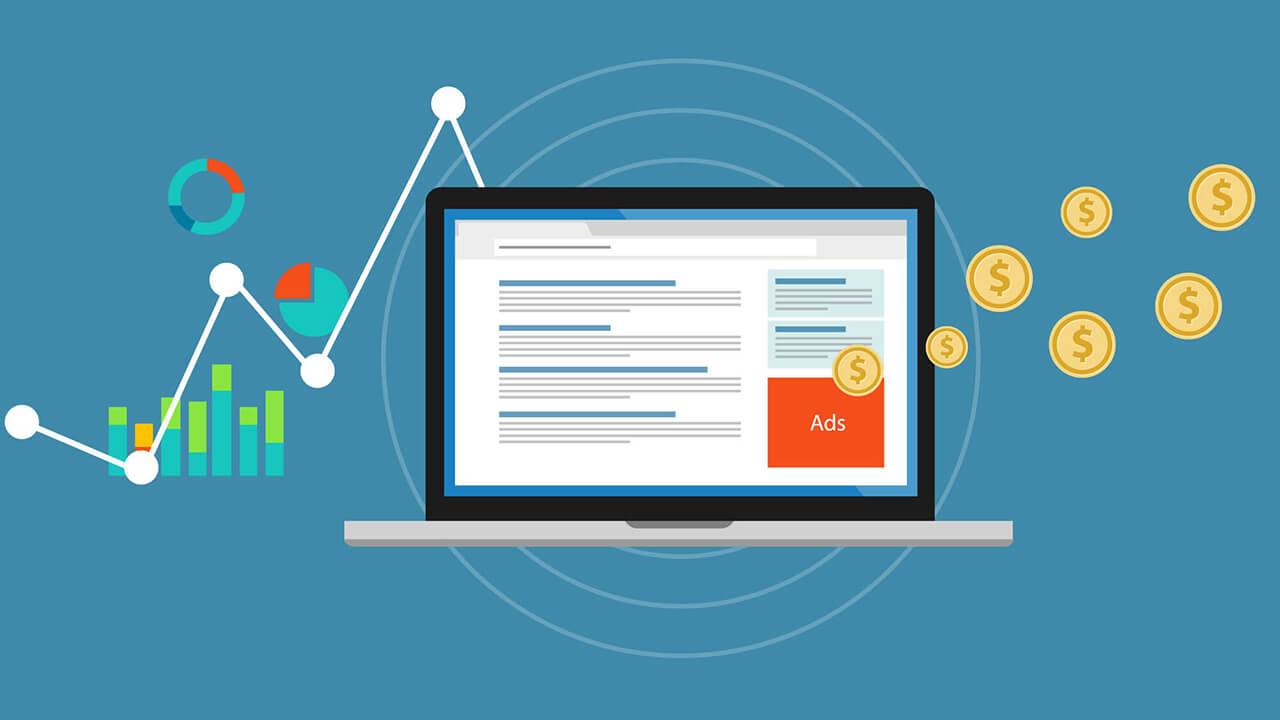How to Use Pay-Per-Click (PPC) Advertising for Increased Brand Awareness

It’s a common misconception that pay-per-click (PPC) advertising is only useful for generating conversions. The truth, however, is that it’s equally useful for increasing brand awareness. By running ads on PPC networks, more users will recognize your brand. A high level of brand awareness may then persuade more users to choose your brand’s products or services instead of its competitors’. How do you use PPC advertising for increased brand awareness exactly?
Include Brand Name in Ad Copy
One of the easiest ways to increase brand awareness with PPC advertising is to include your brand name in the ad copy. For text PPC ads, mentioning your brand name in the ad copy will raise awareness for it. All users will see your brand name, regardless of whether or not they click your text PPC ads. They’ll see your brand name in the ad copy, after which they’ll become more aware of your brand.
If your brand name is a trademark, you can affix it with the trademark or registered symbol. Both symbols are used to indicate a trademark. The difference is that the trademark symbol is designed for all trademarks, whereas the registered symbol is designed exclusively for trademarks registered with the United States Patent and Trademark Office (USPTO). Affixing your brand name with either of these symbols will make it stand out.
Select CPM Pricing
When using PPC advertising for increased brand awareness, cost-per-mile (CPM) pricing is the way to go. Also known as cost-per-impression pricing, it allows you to pay for views rather than ad clicks. Views are impressions. If you select CPM pricing for a campaign, the PPC network will charge you per 1,000 impressions your PPC ads generate.
Generally speaking, cost-per-click (CPC) pricing works best for generating conversions, whereas CPM pricing works best for increasing brand awareness. With CPM pricing, your PPC ads will reach more users at a lower cost, and you won’t have to worry about click-through rates (CTRs). CPM pricing is based entirely on your PPC ads’ bids and the number of times they are viewed by users.
CPM pricing isn’t available for all types of PPC campaigns. Search Network campaigns on Google Ads, for instance, are restricted to CPC pricing. For Google Ads Display Network campaigns, though, you can select either CPC or CPM pricing. Facebook Ads also offers CPC and CPM pricing. Microsoft Advertising, on the other hand, only offers CPC pricing for campaigns. Nonetheless, you should select CPM pricing if it’s available to achieve higher brand awareness.
Use Ad Extensions
You can use ad extensions for increased brand awareness. Ad extensions are features that enhance PPC ads with new content. They are offered by Google Ads and Microsoft Advertising for their respective Search Networks. You can enable ad extensions on your Search Network campaigns at no additional charge.
There are different types of ad extensions. The call extension will enhance your PPC ads with your brand’s phone number or a tap-to-call button. The sitelink extension will update your PPC ads with links to subpages on your brand’s website. If your brand serves customers locally, you can use the location extension to include its address in your PPC ads.
Ad extensions won’t affect the other content of your PPC ads. Your PPC ads will still have the same headlines, descriptions and display URLs. Ad extensions simply allow you to include other content in your PPC ads, which can attract users’ attention and expose them to your brand.
Diversify With Image PPC Ads

In addition to text PPC ads, you should consider creating image PPC ads. Image PPC ads are typically more effective at increasing brand awareness because of their visual format. You can create image PPC ads that show your brand’s name, logo and slogan. And you can still include conventional ad copy in your image PPC ads. Text PPC ads have a universally bland format consisting of only text, so they aren’t as effective at increasing brand awareness.
Image PPC ads aren’t available for Search Network campaigns. They are only available for the Display Network on Google Ads and the Audience Network on Microsoft Advertising. The Display Network and Audience Network are collections of third-party websites that have joined Google’s or Bing’s advertising program. If you’re creating a campaign for the Display Network or Audience Network, you should consider using image PPC ads.
You can even create animated image PPC ads. Google Ads supports animated Graphics Interchangeable Format (GIF) image ads. Animated GIFs are limited to 30 seconds, and they must play at a rate of slower than five frames per second (FSP). You can also loop them but only if they stop playing after 30 seconds. As long you follow these basic requirements, you can use animated GIFs as PPC ads for Google.
Bid on Competitors’ Names
Bidding on your competitors’ names can prove useful in increasing brand recognition. Competitors are other brands that compete with your brand for the same group of customers. These customers are the same users whom you’ll want to recognize and remember your brand. Therefore, bidding on your competitors’ names is a useful tactic for increasing brand awareness.
When you bid on a competitor’s name, your PPC ads may show for the competitor’s name and variations thereof. Users who search for the competitor’s name may see your PPC ads. With your brand name featured in the ad copy, they’ll be exposed to your brand. Bidding on competitors’ names is a cost-effective way to increase brand awareness. When compared to standard keywords, competitor names have less competition. Fewer advertisers bid on them than standard keywords, and with less competition, competitor names cost less than standard keywords.
PPC advertising can help raise awareness for your brand, but you’ll need to use the right strategy. Increasing brand awareness requires a different approach than generating conversions. You’ll need to include your brand name in the ad copy, select CPM pricing if available, use ad extensions, diversify with image PPC ads and bid on your competitors’ names.










